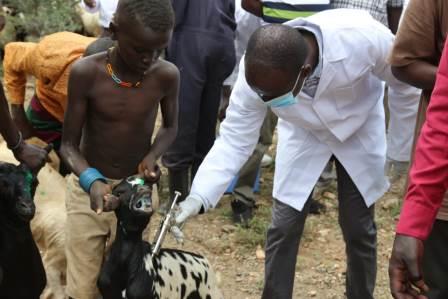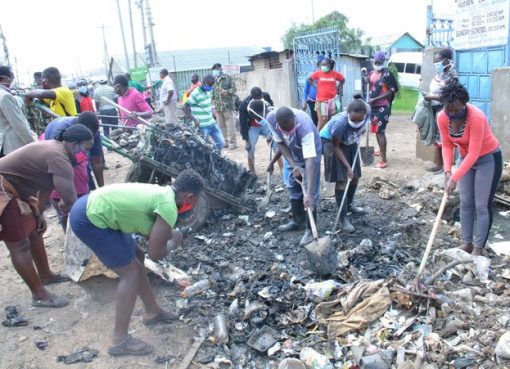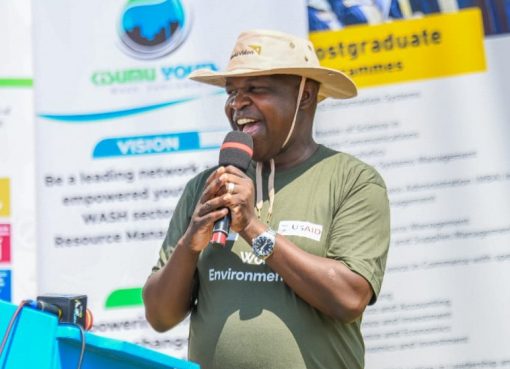Thika Water & Sewerage Company (THIWASCO) is in the process of constructing Sh11 billion projects aimed at generating 36,000 cubic metres of water daily, in efforts to end water shortages in the area.
The project, funded by the Danish International Development Agency (Danida) Sustainable Infrastructure Finance (DSIF) and the Kenyan government, is in the design stage and will see new dams and water treatment sites constructed.
Currently, the company produces 36,000 cubic metres of water daily against a demand of 60,000 cubic metres, serving over 300,000 residents, making it get overwhelmed.
It is expected to stabilize water supply in the town up to 2042.
During a visit at the water company yesterday, DSIF Vice President Tina Kollerup Hansen said the project is almost at takeoff, expressing satisfaction with the progress.
“We have now reached a very important milestone where we are entering the design and tender phase and I’m happy now to work with the project’s consultant team. I think this is a very good project where we can build on the capacity here in Kenya to take advantage of the competencies and technologies from Denmark to achieve a very good sustainable project that brings reliable and good quality water to the people in the area,” said Tina.
THIWASCO Managing Director Eng. Moses Kinya said designs will be completed in October next year (2023) and procurements of works which will last up to early 2024.
“From there, the contractor will start the project and we shall expect water supplies to increase,” said Kinya.
The project will involve the construction of two 10 metres high dams on the Chania River and the Thika 3A location.
Three more sewerage plants will be constructed at Pilot, Nanga and Kilimambogo areas to increase sewerage connection by 7,000 cubic metres of sewer collection per day.
A mini-hydroelectricity plant will also be put up at their Thika reservoir that will help them generate their own electricity to reduce their internal power consumption by 20 per cent.
They will also generate electricity through bio digesters from the sewerage treatment plant.
The projects will be implemented through the Athi Water Works Development Agency (AWWDA).
“The new sewerage plants will increase our waste water treatment capacity and quality, reduce sewage spillages and chokes and reduce environmental pollution that has been the case when the old trunk line collapses due to old age and blockages,” he said.
By Muoki Charles





